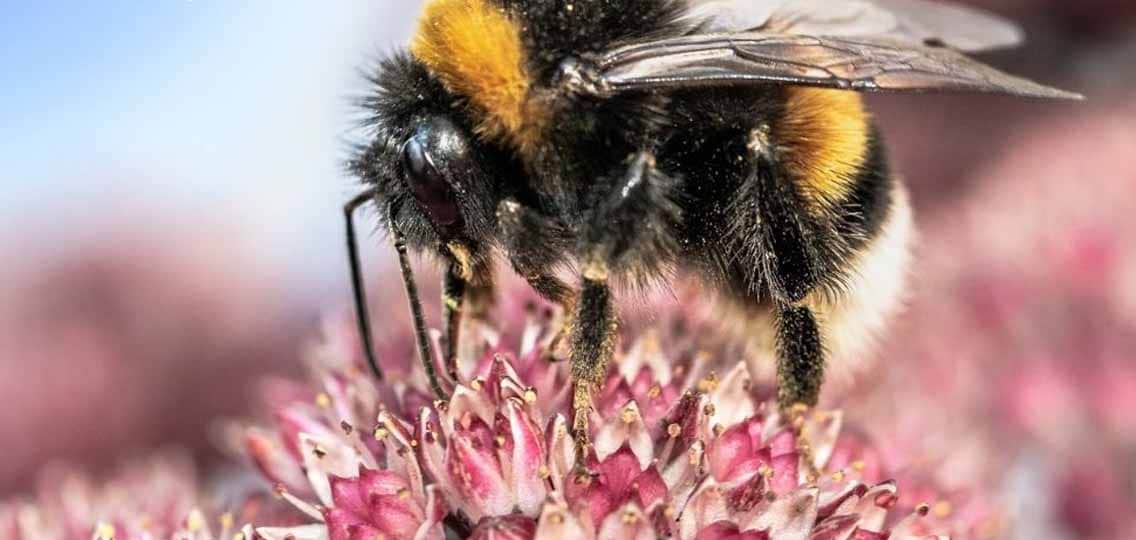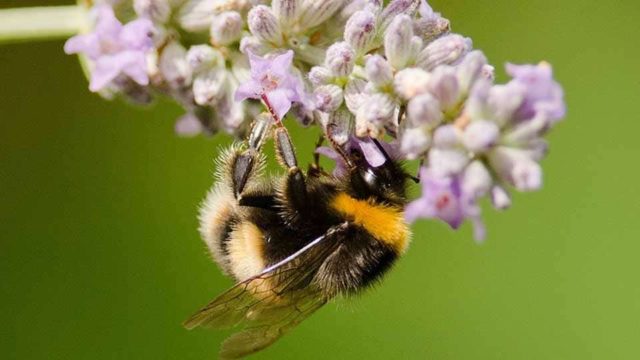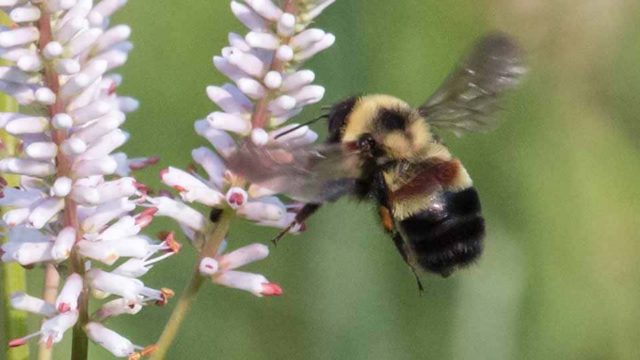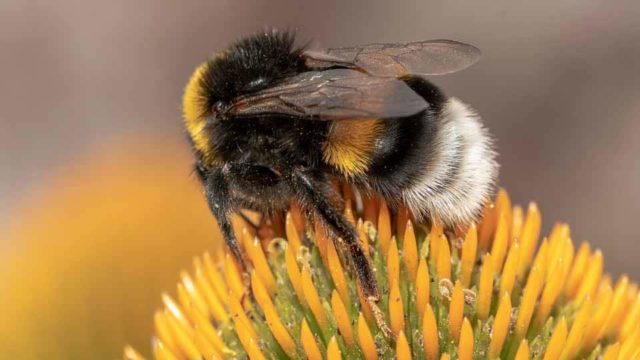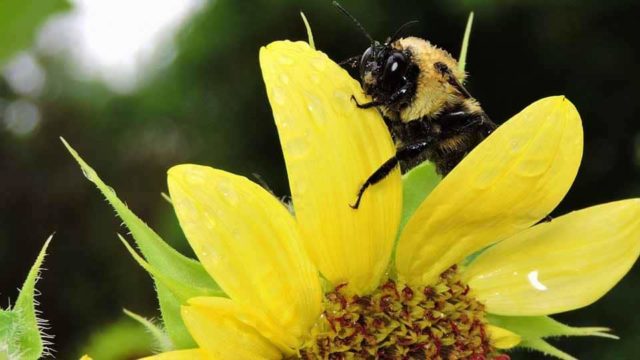Ecojustice went to Federal Court in December 2019 to challenge the Pest Management Regulatory Agency’s (PMRA) two-year delay in implementing risk mitigation measures of certain uses of the neonicotinoid pesticide Thiamethoxam.
Thiamethoxam is toxic to bees and other pollinators. It is used on a wide range of fruits and vegetables that are intensively cultivated, such as cherry trees and legumes. It is systemic, meaning it is taken up through leaves or roots and spread throughout the plant. It cannot be washed or peeled off crops.
In April 2019, the PMRA released its final decision in its re-evaluation of the risks of Thiamethoxam to pollinators. In this re-evaluation, the PMRA concluded that risk mitigation measures are needed to protect bees and other pollinators from the harms posed by Thiamethoxam. These measures include cancelling certain uses of Thiamethoxam, restricting times when the neonicotinoid pesticide can be sprayed, and updating its labels. However, the PMRA decided to delay implementing these risk mitigation measures for two years, even though the Pest Control Products Act does not allow for such a delay. The PMRA calls the lengthy two-year delay a “phase-out”.

